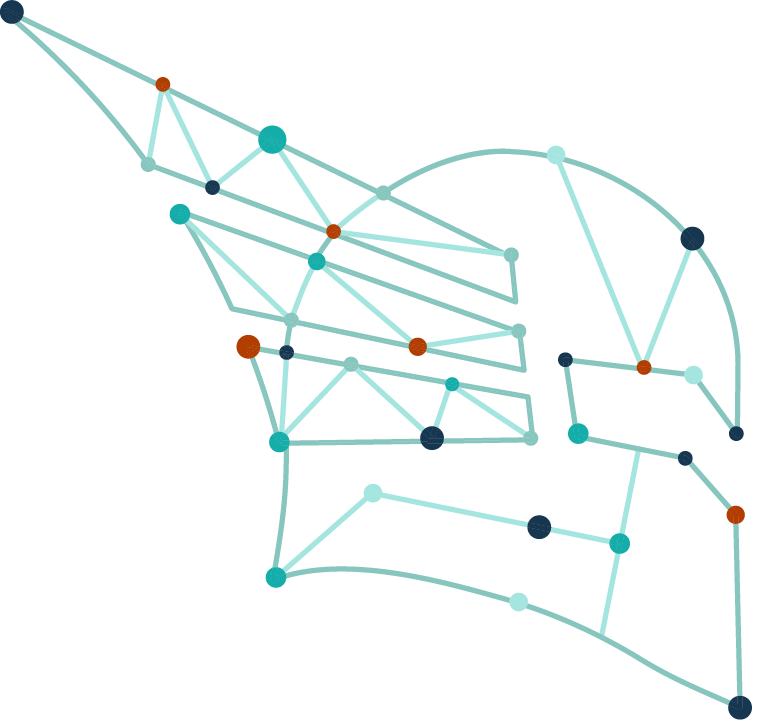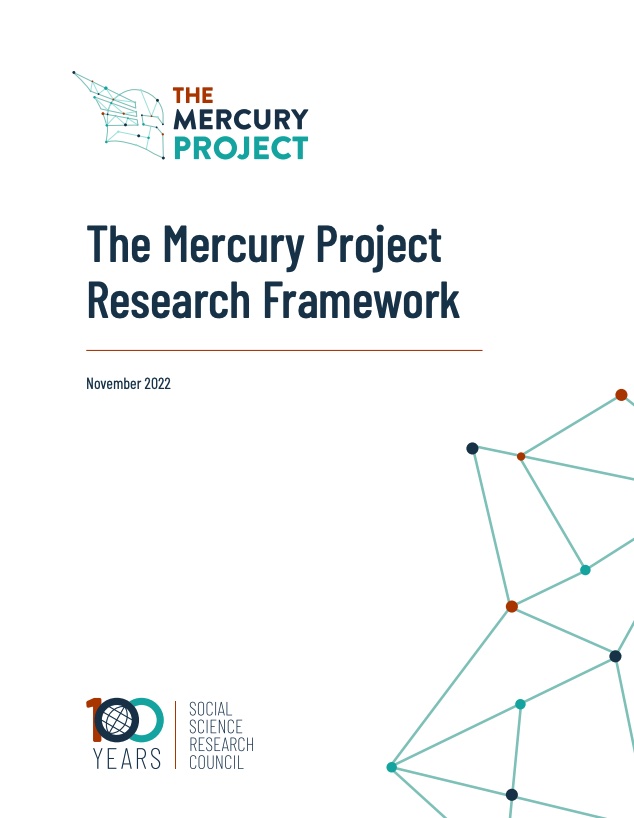ABSTRACT
Despite being the first country to receive Covid-19 vaccines through the COVAX Vaccines Global Access facility, the proportion of Ghanaians fully vaccinated remains low. Several studies point to the role of misleading health information and inaccurate beliefs to explain low demand, despite regular outreach activities. Meanwhile, in Ghana, as in similar settings, health workers are trusted by the population for the advice and treatment they provide. In a cluster-randomized controlled trial undertaken in collaboration with the Ghana Health Service, we will compare health facilities maintaining routine operations to others randomized to two low-cost strategies inciting health workers to engage patients and carers during routine consultations and encourage them to get vaccinated against Covid-19. In a light-touch intervention, health workers will receive basic instructions and a monitoring sheet to track discussions with patients. In the other arm, they will be trained in effective communication skills to overcome patients’ vaccine hesitancy. While asking health workers to encourage patients to get vaccinated could successfully leverage their trust capital, there are concerns about health workers’ willingness to add to their existing workload on the one hand, and negative spillovers of having such conversations on the other hand. Through high-frequency data collection over two months, we will carefully monitor the extent to which health workers try to persuade patients, and whether these talks alter patients’ knowledge and beliefs, as well as vaccination uptake. We will also use natural variation in political support to analyze whether political polarization affects these outcomes.


